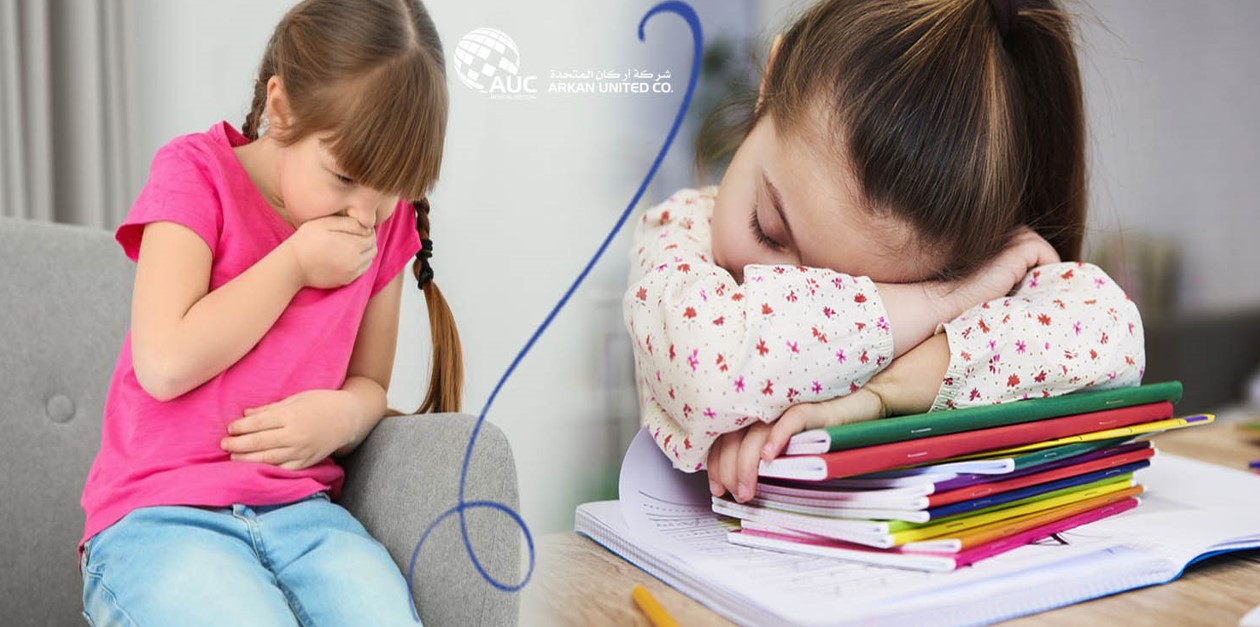
Many parents wonder about the dangers of an omega-3 overdose for their children and how to handle it appropriately. Should they seek medical attention immediately, or can the situation be managed at home? This article covers all aspects related to how to deal with omega-3 overdose in children, including potential side effects and when a medical intervention is necessary.
What is Omega-3, and Why is it Important for Your Child?
Omega-3 is an essential polyunsaturated fatty acid that the body cannot produce in sufficient amounts, making it crucial to obtain from external sources. It’s vital for a child’s growth, both physically and mentally, from embryonic stages. Omega-3 is primarily found in fish like salmon, sardines, mackerel, cod, and tuna, as well as in plant-based sources which supply some omega-3 types but don’t contain the important two omega 3 fatty acids (EPA & DHA) like soybeans, flaxseed, walnuts, and raisins. It’s also present in oils such as almond and olive oil.
To meet the recommended intake of Omega-3, children should regularly consume fish (about twice a week) and at least 1/2 gram of omega 3 fats daily. If incorporating these foods into a child’s diet is challenging, supplements such as Omega-3 syrup for kids can provide a healthy alternative.
Omega-3 consists of two key fatty acids: EPA and DHA, each contributing to a child’s cognitive, physical, and long-term health.
Benefits of Omega-3 for Children
Omega-3 starts benefiting a child even before birth, during the mother’s pregnancy. Some key benefits include:
Standard Dosage of Omega-3 for Children
Before discussing the risks of an omega-3 overdose, let’s clarify the recommended dosage by age and gender:
It’s crucial to consult a healthcare professional to determine the appropriate dosage for each child based on factors like overall health and medical history.
Potential Side Effects of Omega-3 Overdose in Children and How to Manage Them
While omega-3 is beneficial, exceeding the recommended dose can lead to several side effects, varying in severity:
Parents should monitor their child’s diet and encourage physical activity to manage this issue.
Conclusion
Contrary to the belief that increasing the dosage of a supplement leads to greater benefits, an omega-3 overdose can have negative effects, especially when consumed excessively. Always adhere to the prescribed dosage, and if any serious side effects appear, stop the supplement and consult a doctor or seek hospital care for more severe cases.
The company consists of scientific offices of European pharmaceutical companies, It is considered specialized in marketing modern and distinctive pharmaceutical products
All Rights Reserved arkan-united, Developed and Designed by Be Group